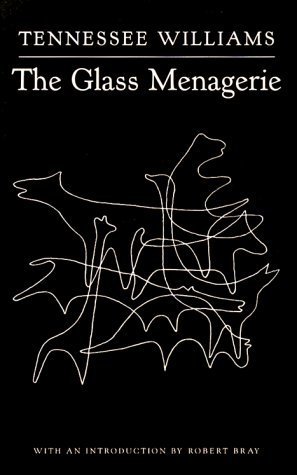
Theme:
The Glass Menagerie by Tennessee Williams. explores the theme of gender roles, escapism, familial responsibility, and unfulfilled desire.
Summary:
This play follows the lives of a family of three (mother Amanda and two adult children, Laura and Tom) as they struggle to deal with a changing world in which they do not fit in.
Famous Quotes:
“Man is by instinct a lover, a hunter, a fighter, and none of those instincts are given much play at the warehouse!”
“When I had that attack of pleurosis – he asked me what was the matter when I came back. I said pleurosis he thought that I said Blue Roses! So that’s what he always called me after that. Whenever he saw me, he’d holler, ‘Hello, Blue Roses!”
“Laura, stretched out on the sofa, clenches her hand to her lips, to hold back a shuddering sob.”
“Mother, when you’re disappointed, you get that awful suffering look on your face, like the picture of Jesus’ mother in the museum.”
“I know your ambitions do not lie in the warehouse, that like everybody in the whole wide world—you’ve had to—make sacrifices, but—Tom—Tom—life’s not easy, it calls for—Spartan endurance!”
“Glass breaks so easily. No matter how careful you are.”
“The last we heard of him was a picture postcard from Mazatlan, on the Pacific coast of Mexico, containing a message of two words: ‘Hello — Goodbye!’ and no address. I think the rest of the play will explain itself. . .”
“I didn’t go to the moon, I went much further—for time is the longest distance between two places.”
“She remains by the table, picks up a piece from the glass menagerie collection, and turns it in her hands to cover her tumult.”
“I married a man who worked for the telephone company! [. . .] A telephone man who—fell in love with long-distance!”
Literary awards:
- New York Drama Critics’ Circle Award for Best American Play (1945)
Back
